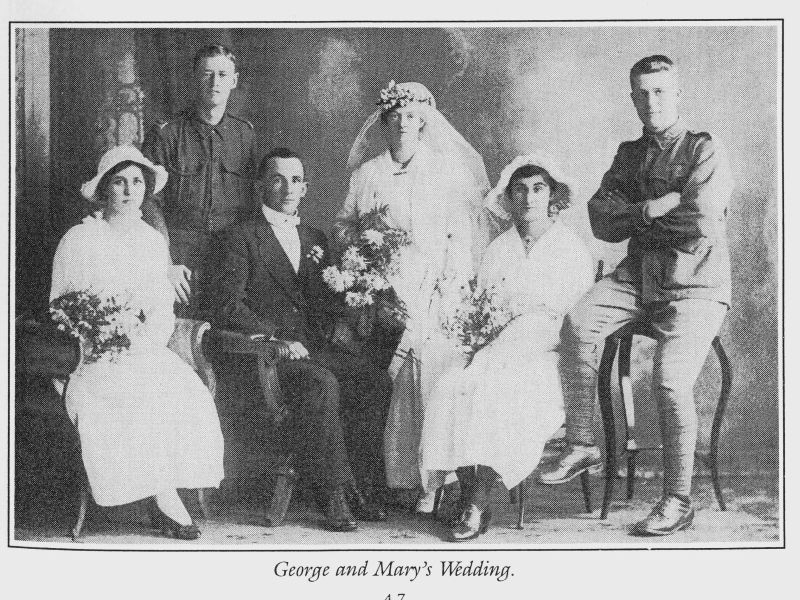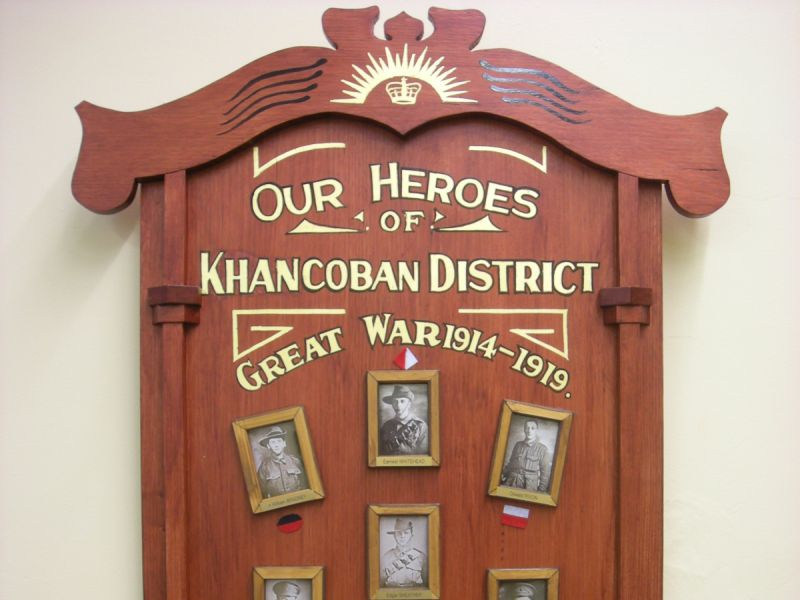Michael Hickey
Michael Hickey was born in 1898, at Mt Elliot, to Andrew and Christina (née McLean) Hickey. He was the youngest of six siblings. Unfortunately, two of Michael’s oldest brothers would die at a very early age, whilst his oldest sister, Anne, died suddenly at the age of 31 in 1918.
Michael’s first attempt at enlisting was rejected on account of him having hammer toes. However, he was determined to get to the front and underwent an operation in Prince Alfred Hospital for the amputation of the second toe on both of his feet. At the time of his enlistment on the 4th of September, 1916, his family was living at Shire Street in West Wyalong, NSW, while Michael was a teacher of a provisional school, and had just qualified for a higher class school.
He embarked in Sydney on the HMAT Afric on the 3rd of November, 1916, arriving at Plymouth on the 9th of January, 1917. Roughly four months later, on the 12th of April, he was taken on as part of the 11th Reinforcements for the 29th Battalion. He spent half of May and June sick in hospital with influenza.
Michael would arrive back at the Battalion to take part in the same battle as Henry Arundel, although with the 29th Battalion. At 0550 hours, on the 26th of September, the Battalion attacked enemy positions in Polygon Wood. Unfortunately, upon arriving at their first objective, it was discovered that the Brigade on their right had not come up and the 31st Battalion had decided not to go on. This prevented the 29th from advancing. It wasn’t until 1 pm on that day that their final objective was reached and taken. During the morning the battalion had taken about 170 prisoners and captured 30 machine guns.
It was sometime during the morning that Michael was killed in action. He was buried in the Buttes New British Cemetery at Polygon Wood, Zonnebeke, Belgium.
Michael is remembered on the Australian War Memorial Roll of Honour, the Khancoban District Pictorial Honour Board, and the Corryong War Memorial. For his service during the First World War, he was awarded the British War Medal and the Victory Medal.

 Stephen Learmonth
Stephen Learmonth
